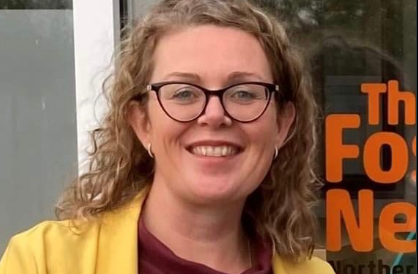Charities supporting armed forces personnel and veterans are struggling to attract the public’s attention, latest research has found.
Research based on public surveying in February found more half (53%) of respondents did not understand how armed forces charities provide support. Only a similar proportion (50%) said they would like to know more.
The findings have been revealed by consultancy nfpResearch which believes the lack of attention given to the armed forces in the media is a factor in low levels of public interest in the charities that support them.
In addition, “almost half of the public think that charities supporting the armed forces aren’t as relevant today as they used to be”.
But the research suggests service personnel and veterans charities can turn this trend around by focusing on the public’s emotional attachment to the armed forces, particularly around the Royal British Legion’s annual poppy campaign.
Just under three quarters (73%) of the public say they are proud to wear a poppy. Similarly, 78% believe the armed forces are “an essential part of the fabric of our society”.
Focusing on support around mental health issues, such as post-traumatic stress disorder (PTSD), is another trend for armed forces charities to focus on, the research suggests.
It found that just under a quarter (22%) of the public want to see health funding prioritise mental health, up from only 9% when asked in 2015.
The most common concern the public believe veterans face is around their mental health.
“The UK has a long history of trust and respect for our Armed Forces,” said nfpResearch co-managing director Tim Harrison-Byrne.
“Remembrance offers charities a chance to garner support for veterans and their families, but unlocking further support year-round will rely on better public awareness. This can be a major hurdle for any charity. Thankfully, the public are passionate to help, but just need to be met with more information on the impact these charities have.”
Charity Times video Q&A: In conversation with Hilda Hayo, CEO of Dementia UK
Charity Times editor, Lauren Weymouth, is joined by Dementia UK CEO, Hilda Hayo to discuss why the charity receives such high workplace satisfaction results, what a positive working culture looks like and the importance of lived experience among staff. The pair talk about challenges facing the charity, the impact felt by the pandemic and how it's striving to overcome obstacles and continue to be a highly impactful organisation for anybody affected by dementia.
Charity Times Awards 2023
Mitigating risk and reducing claims

The cost-of-living crisis is impacting charities in a number of ways, including the risks they take. Endsleigh Insurance’s* senior risk management consultant Scott Crichton joins Charity Times to discuss the ramifications of prioritising certain types of risk over others, the financial implications risk can have if not managed properly, and tips for charities to help manage those risks.
* Coming soon… Howden, the new name for Endsleigh.
* Coming soon… Howden, the new name for Endsleigh.
Better Society

© 2021 Perspective Publishing Privacy & Cookies











Recent Stories